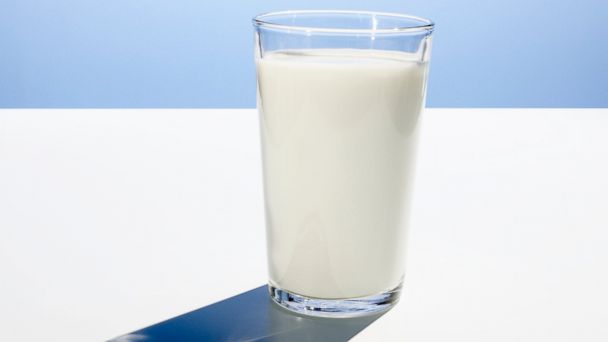The Raw Truth About Unpasteurized Milk

(Credit: Erik Dreyer/Getty Images)
By Nipunie Rajapakse, MD, and Devika Dixit, MD
Your local farmer's market may be your first stop for farm-fresh summer fare, but certain foods can carry serious risks.
Raw dairy products - those sold without having gone through a heating process called pasteurization - have been touted as cures for conditions ranging from allergies to high blood pressure. There's no science to back up such claims, and what we do know is that skipping pasteurization can expose consumers to dangerous bacteria.
"Raw milk has risks," said Dr. Martin Blaser, professor of medicine and microbiology at the New York University School of Medicine. "Some people may be willing to take those risks, but certainly there are risks."
Blaser said that in his work with the U.S. Centers for Disease Control and Prevention's Epidemic Intelligence Service, he has investigated a number of infections tied to raw dairy products. Some cause abdominal pain, vomiting and diarrhea. But in pregnant women, the elderly, immunocompromised people and young children, the consequences of infection can be even more dangerous.
Among dairy product-associated outbreaks that occurred between 1998-2011, 79 percent were due to raw milk or cheese, and most of those affected were children, according to the CDC. The agency says that unpasteurized milk is 150 times more likely to cause foodborne illness than pasteurized products.
"For parents who are concerned for the health of their children, they should know that this is risky," Blaser said.
The sale of raw milk directly to consumers has been made illegal in about half of U.S. states, according to the CDC. And in May, the Louisiana Senate killed a bill that would have allowed the sale and distribution of raw milk.
Even in states where the direct sale of raw milk is illegal, people can still get it by participating in "cow share" programs, which involve paying fees to farmers for the care, boarding and milking of a cow in exchange for raw milk. Health officials have attributed two recent cases of E.coli infections in Michigan to these informal agreements.
But it's unlikely that the popularity of raw milk products will fade any time soon. Proponents claim that the pasteurization process changes the nutritional content of milk - a notion that several studies have refuted.
Doctor's Take
Farmer's markets are a great place to buy fresh, local food. But when it comes to dairy products, consumers should read labels carefully and talk frankly with vendors to find out whether these products have been pasteurized. It's impossible to tell if a product is pasteurized or unpasteurized by how it looks, tastes or smells.
While the purported benefits of unpasteurized products may be tempting, keep in mind that none of the claims have been substantiated by scientific evidence.The risk of raw dairy product consumption far outweighs any potential benefits, and even products labeled as "certified" raw milk products are not free from these risks, Blaser said.
The American Academy of Pediatrics, the CDC and the U.S. Food and Drug Administration all endorse the exclusive consumption of pasteurized milk and milk products, especially for those people at high risk for severe infection and complications. It's advice you should take to heart.